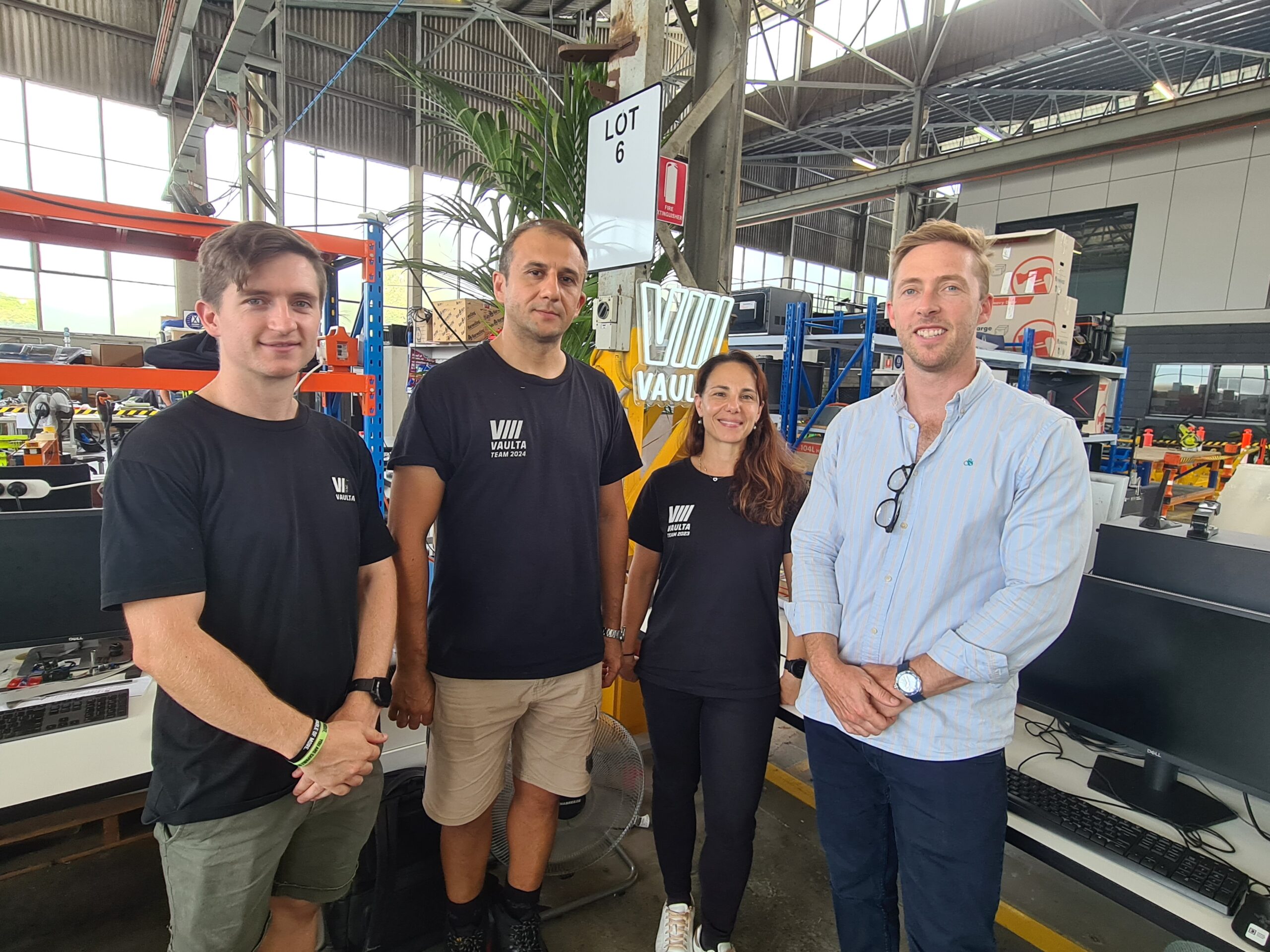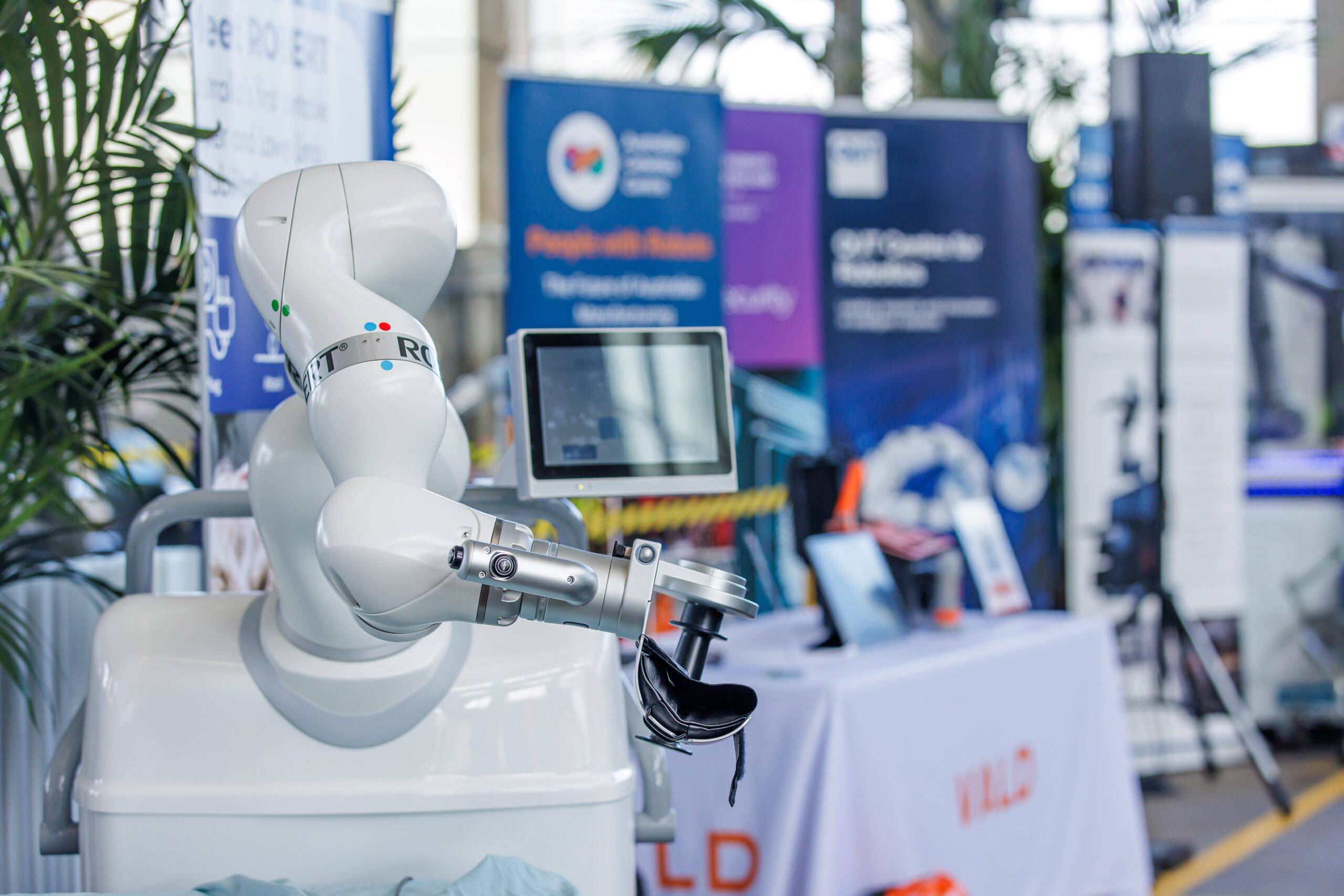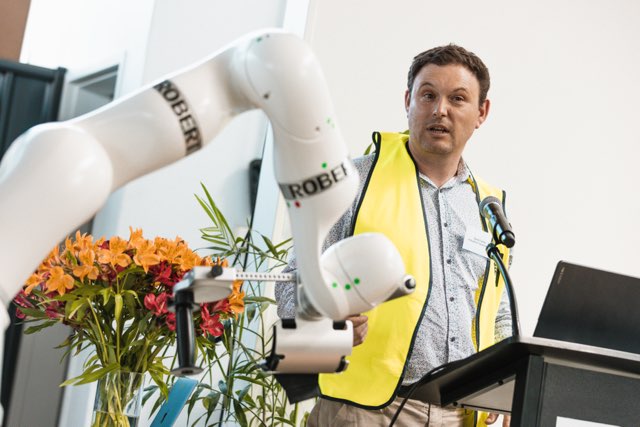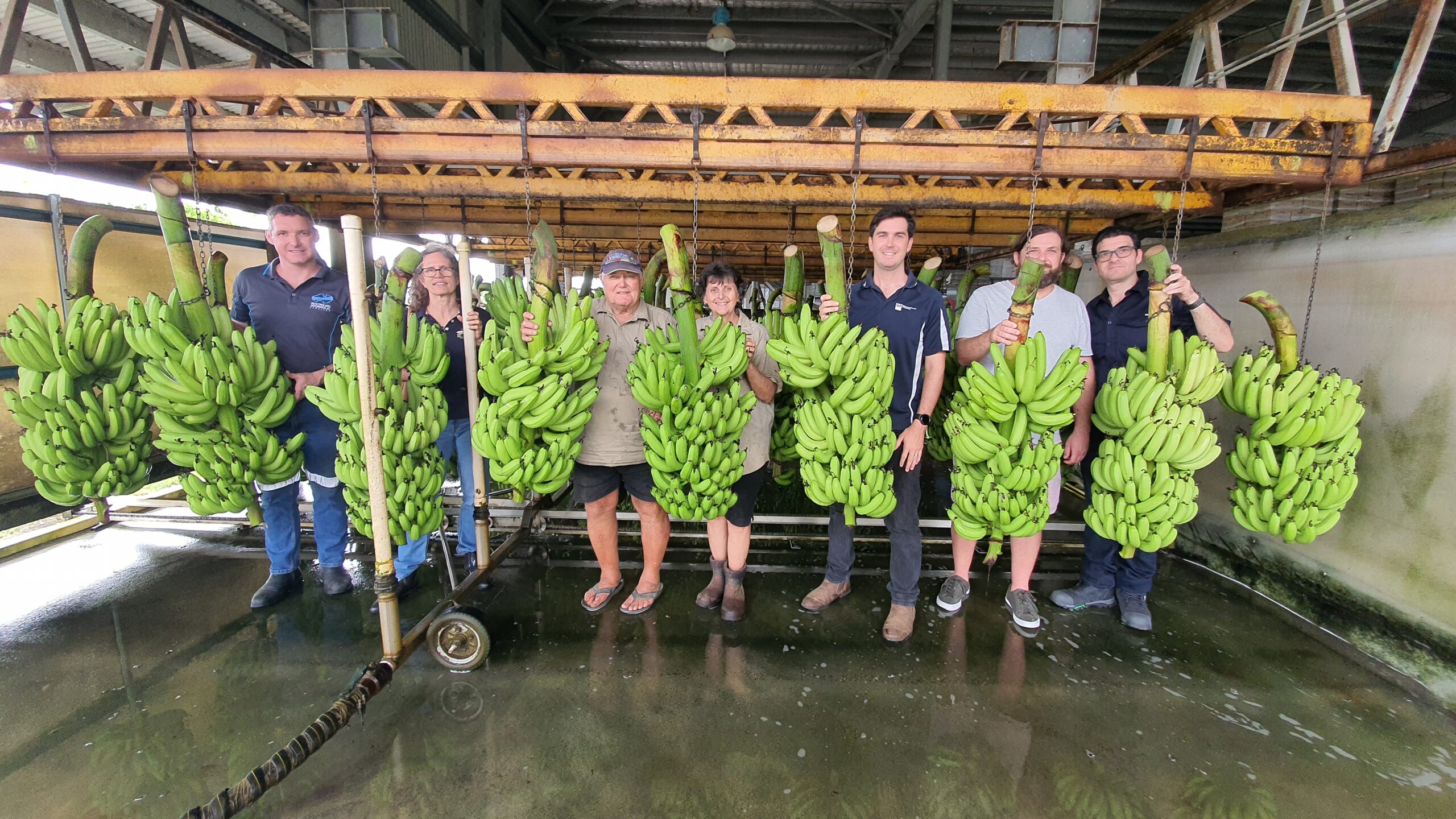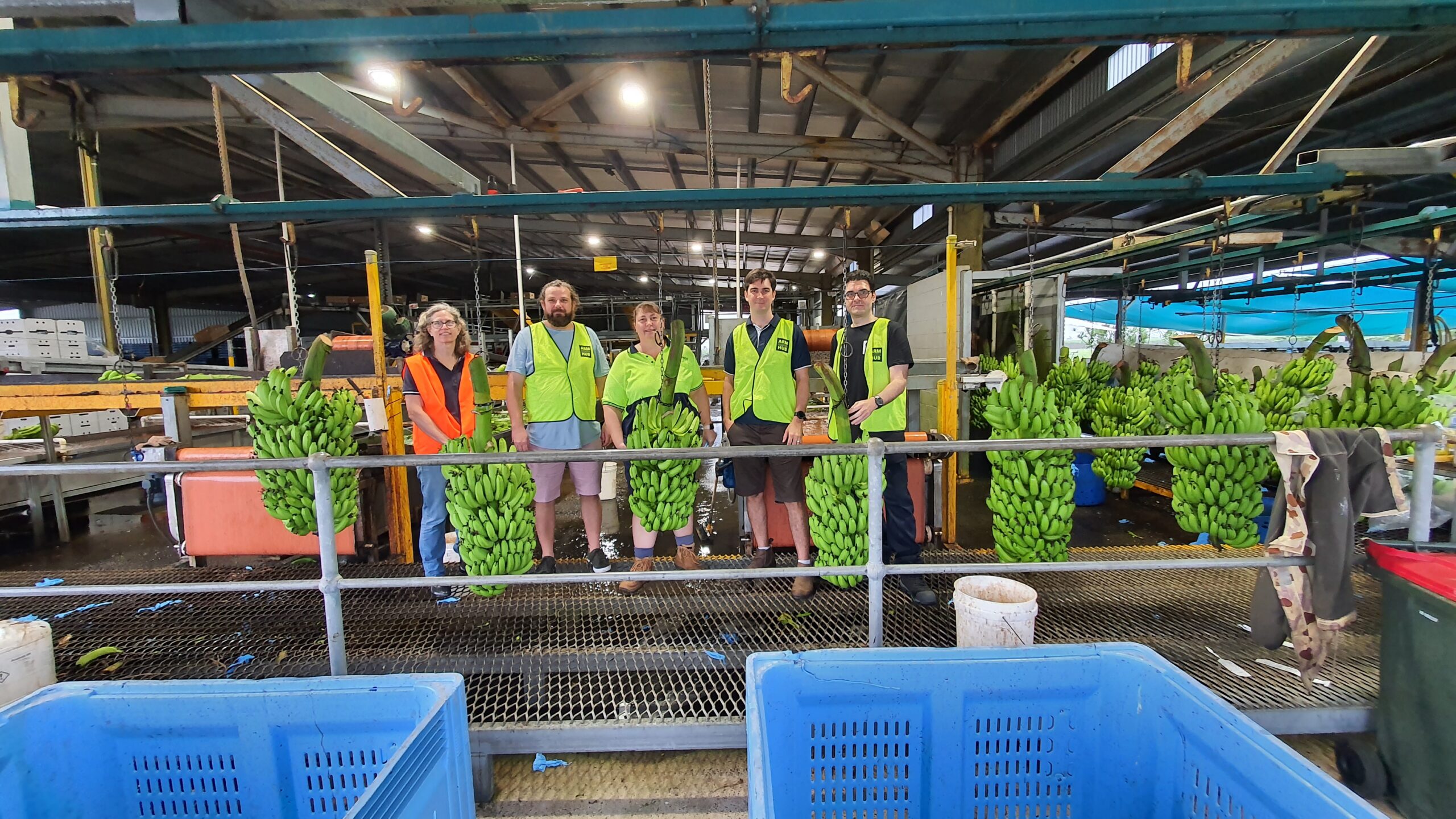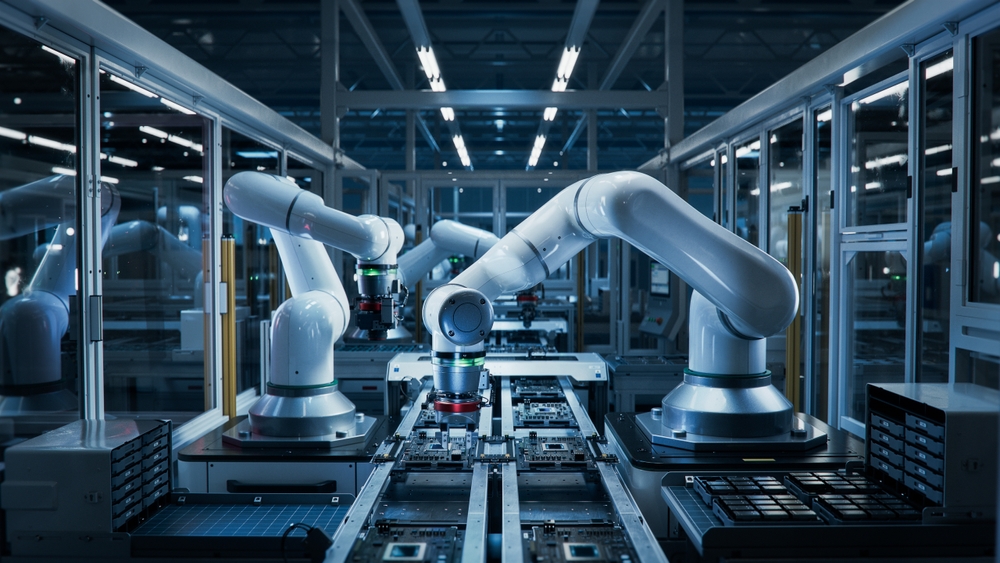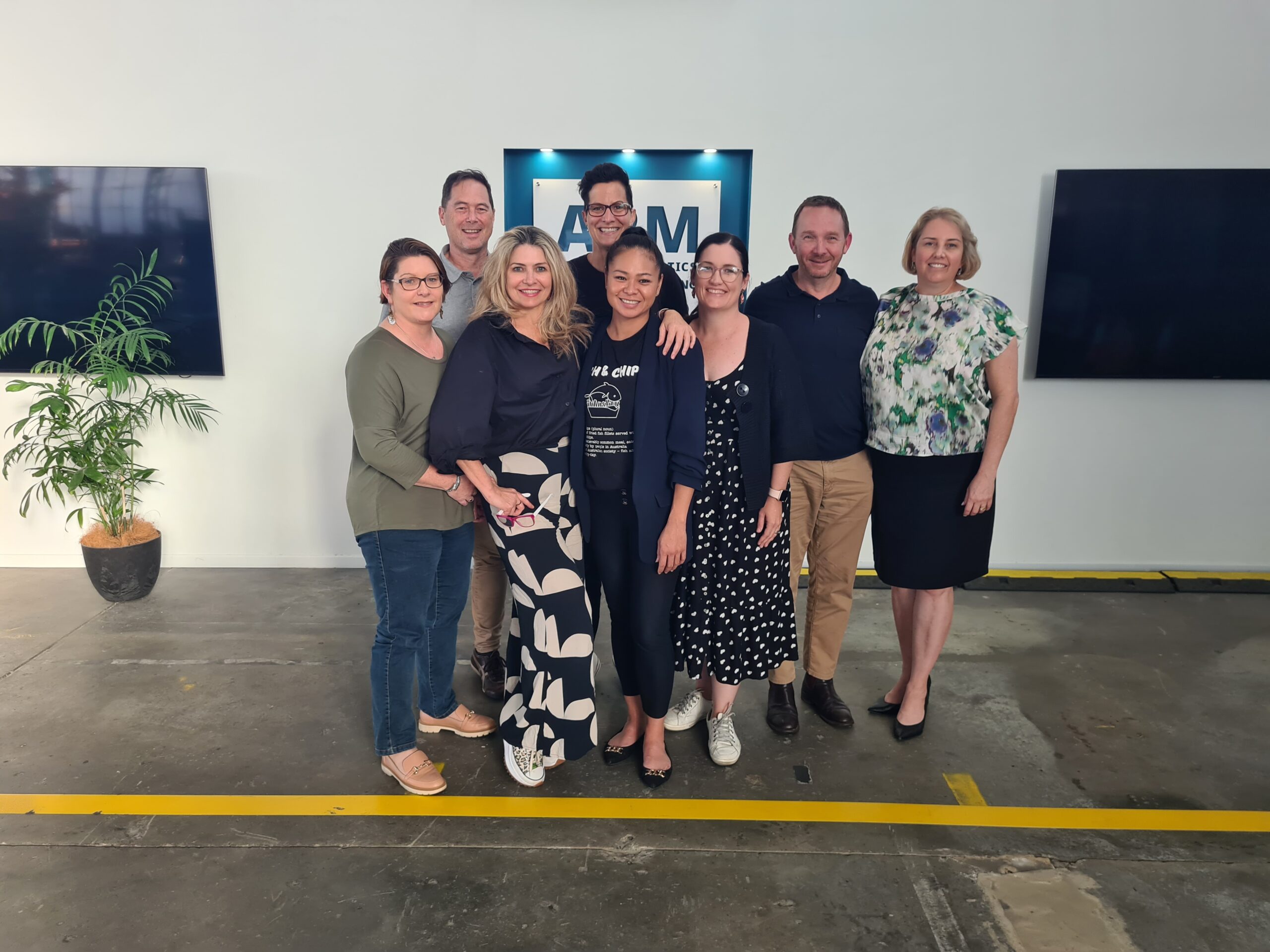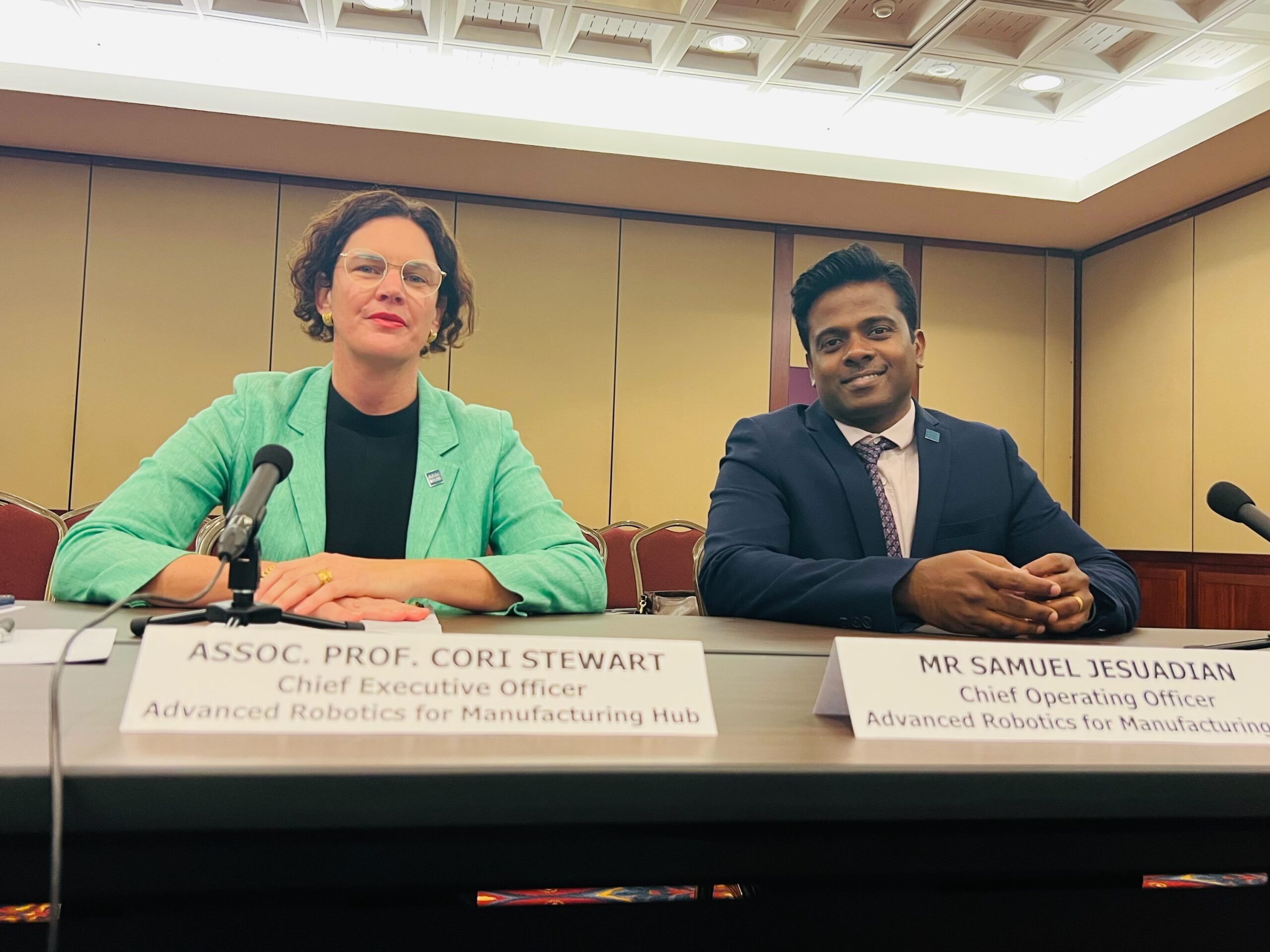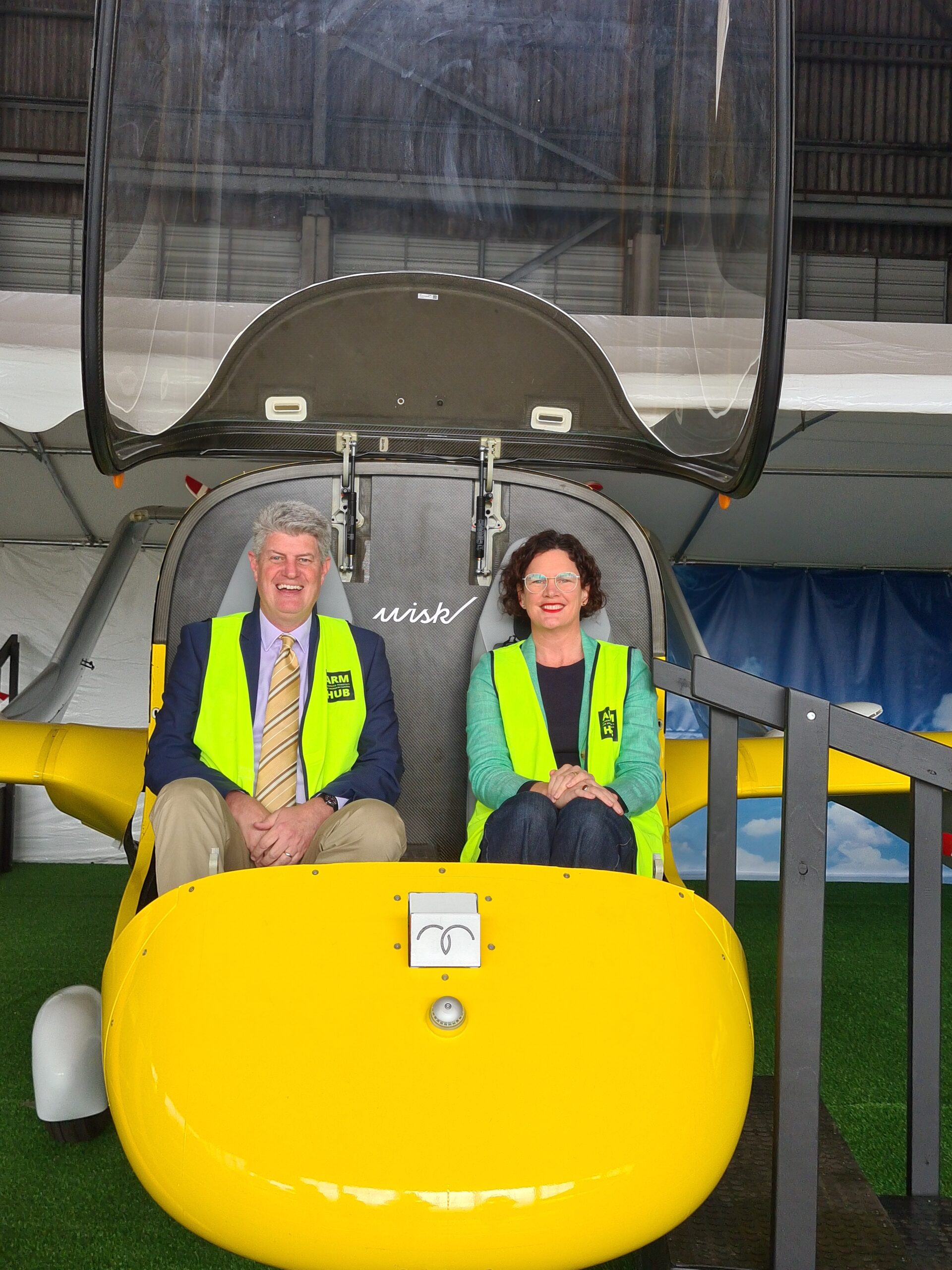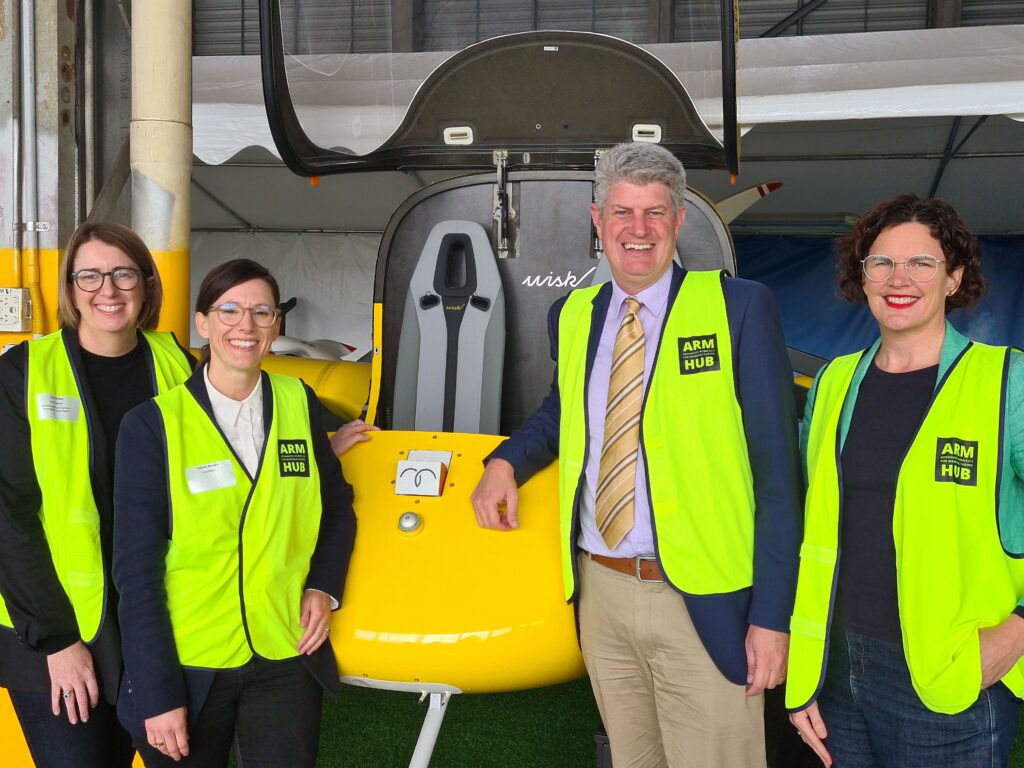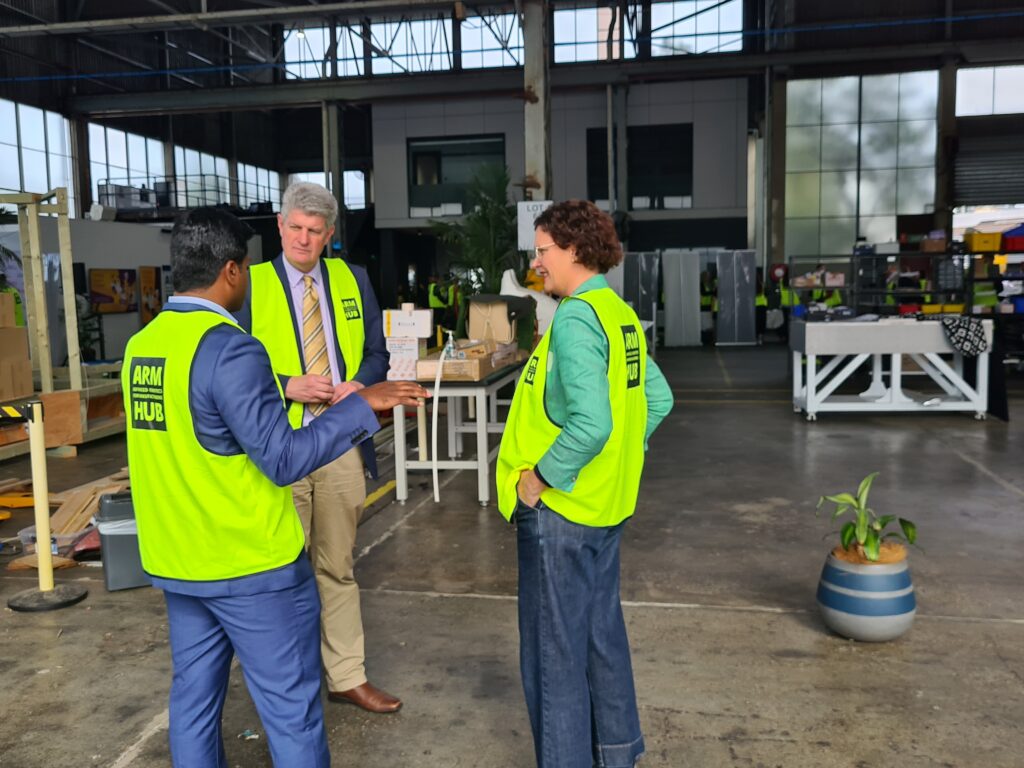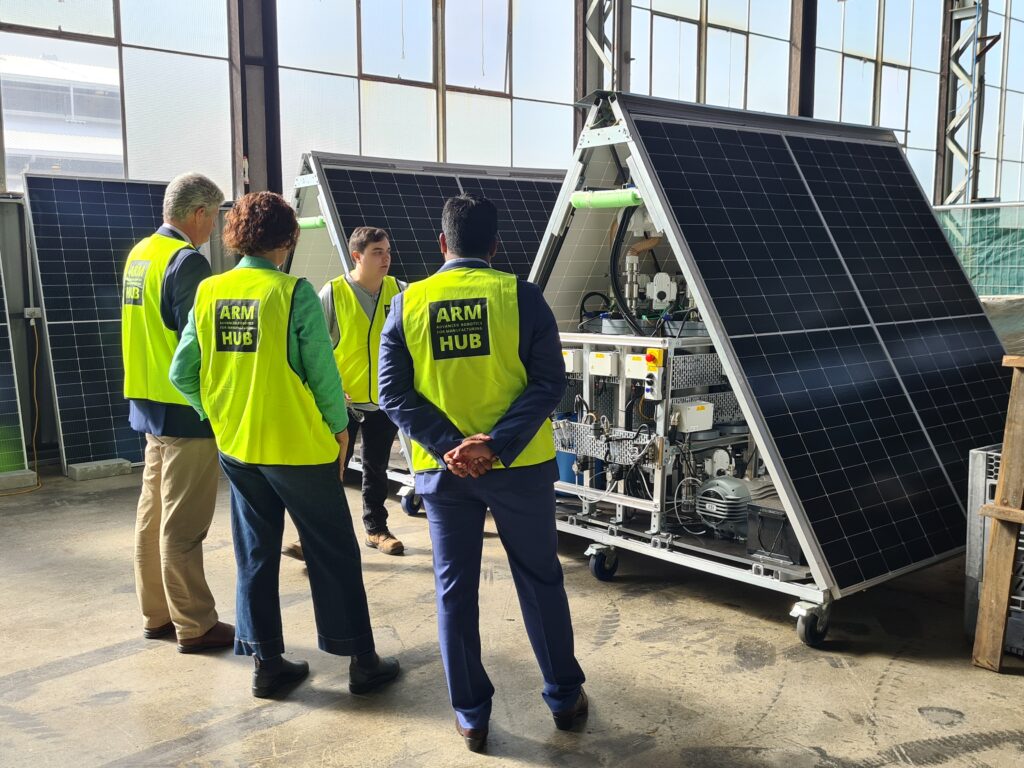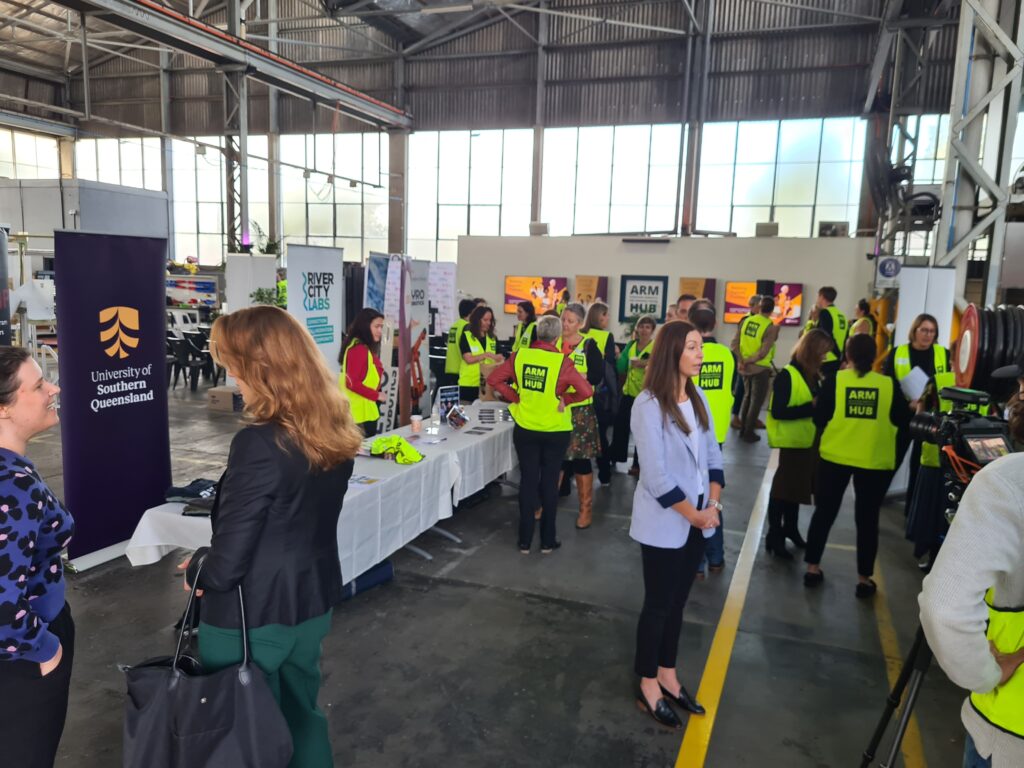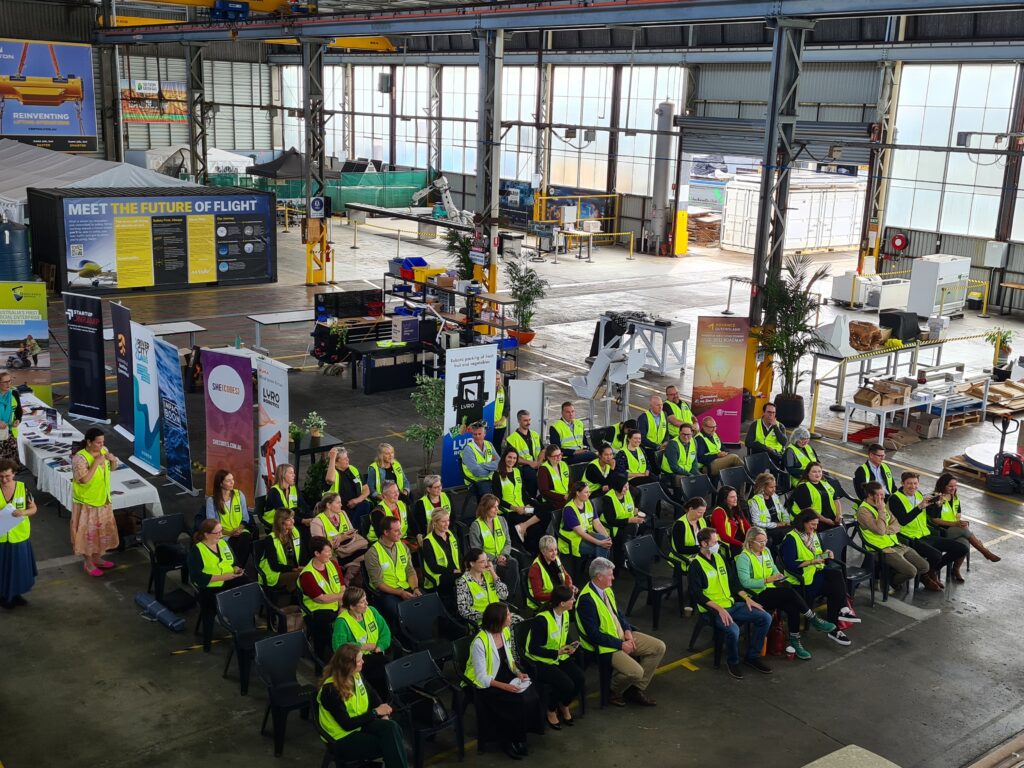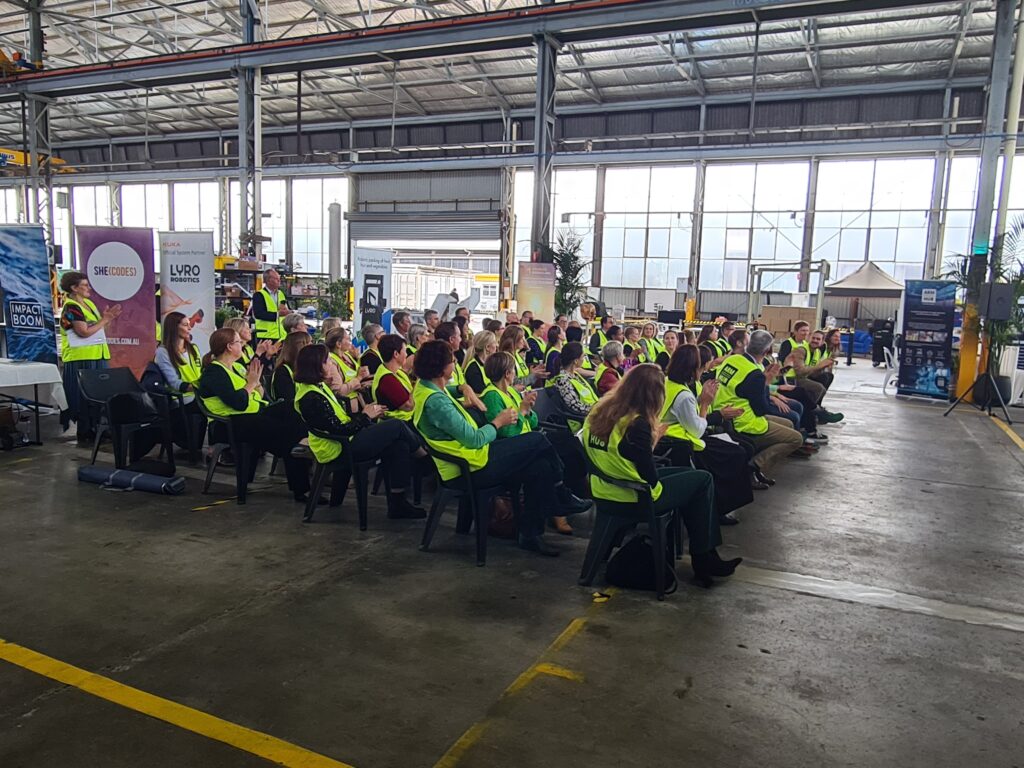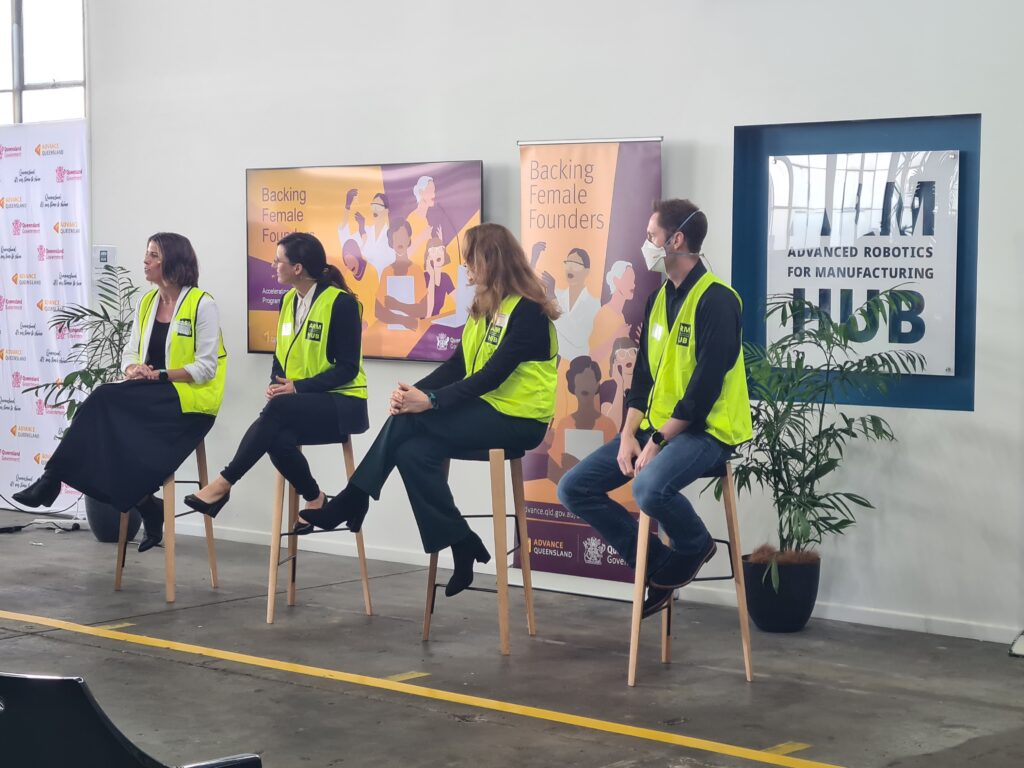The ARM Hub is supporting a Queensland start-up to build a smart, safe, and clean lithium battery for Australian homes.
The batteries have a special casing that enables them to be repaired remotely, at a cell level.
The company, Vaulta, is scaling their pilot assembly plant at the ARM Hub.
Challenge: the challenge with lithium batteries
Lithium batteries are widely used, powering everything from smartphones to electric vehicles.
They store more energy in a smaller and lighter package, retain their charge longer when not in use, and operate effectively across a wide range of temperatures.
This combination underscores the technological and environmental potential of lithium batteries in driving forward the transition to cleaner energy and more sustainable consumption patterns.
However, concerns persist about the technology as their production is resource-intensive and they pose a fire risk if damaged or improperly handled.
The recycling and end-of-life disposal of these batteries also presents environmental challenges, as the process is complex and not fully efficient.
Approach: a new approach to lithium-ion battery packs
Vaulta is a Brisbane-based start-up tenanted at the ARM Hub Learning Factory. It is creating a ‘smarter, safer, and cleaner’ lithium battery pack for stationery storage applications, such as homes. The batteries are not used in cars.
CEO Dominic Spooner says while battery cell technology is evolving, the battery case has remained the same.
“I was working in the field and found evidence that battery recycling was a pending issue as we transitioned to more battery use. Between 2 and 5% of lithium-ion batteries are recycled, and as the first wave of electric cars near the end of their lifecycle, that’s bad for the environment and business,” he says.
“I felt it was in part due to the casing and difficulties in repair and disassembly. Being an industrial designer, I was able to iterate a prototype which formed the basis of Vaulta.”
Battery cases contain too many parts, adding unwanted size and weight that affects the battery performance. It also means they are expensive to recycle.
“Dangerous goods freight is very expensive. Currently, when a battery fails the whole 100kg battery pack must be decommissioned and freighted. If the battery can repaired at a cell level you can reduce the components that need recycling.” he says.
“Less battery weight means less in freight costs, which means there is more appetite for recycling and repair.”
Solution
Vaulta does not weld its battery packs, allowing technicians to access the battery at the cell level. The packs also have a communications-enabled battery management system (BMS) that allows the company to remotely repair problems if they arise in the field.
Using advanced composite materials and a smart, streamlined design, Vaulta’s battery casing condenses multiple functions into fewer parts.
The no-weld design means modules can be easily assembled and disassembled, and cells can be reused and recycled, reducing waste and, crucially, giving batteries a second life.
The development process involved meetings with industry to validate the issue, designing and iterating prototypes with hand selected suppliers, and further discussions with industry to validate the proposed solution.
“We met with polymer experts, battery companies that were willing to help, Arc accelerator, and advisors.”
In terms of safety, Dominic says the batteries meet all certification and compliance requirements and the BMS ensure it is safe for the home.
Other key facts:
- the casing are up to 15% lighter
- the cases are easier maintain and assemble in the field
- the cases can be configured to suit different needs.
- the cases are electrically and thermally conductive, meaning they cool cells at their terminals.
- “The Vaulta battery is enabling a faster transition to electricification,” says Dominic.
“We are using locally designed and manufactured technology that is funded in part by the Australian and Queensland governments and is backed by ASX listed investors.”
